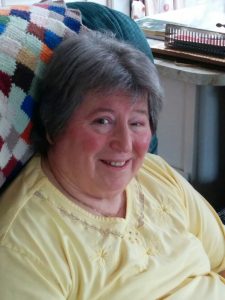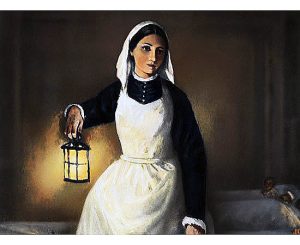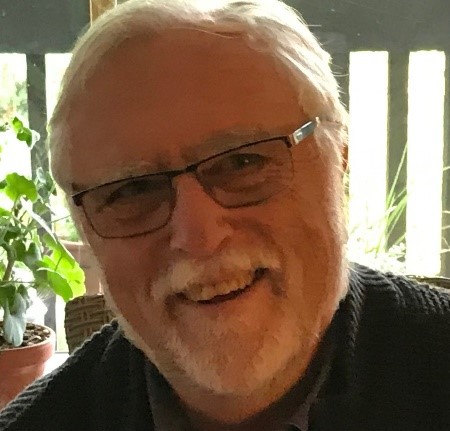Posted
Categories: My Experience
Our first guest blog post for Patient Experience Week is from PVN Patient Partner Jean Shepherd, whose story shows the importance of compassion and listening.
November 2015, I awoke at 1:00 am feeling like I was caught in a big wave in Hawaii: my head was spinning. Is this a stroke, I wondered?
I raised both arms: they worked. I raised my legs: they worked. I started talking: I could hear my voice; I could understand what I was saying because my words sounded right. Those were my first thoughts as testing for a stroke that I had seen on TV.
Why was I so dizzy? My training as a deaf educator made me think “cerebellar.”
Then the nausea arrived and I crawled to the bathroom.
I need help but I am upstairs and had no confidence in using the stairs safely. I dialed 8-1-1 and followed their press 1 for this and 2 for that: when I finally got a real person, I explained what had happened and asked what to do, the response was “Dial 9-1-1”!!! What a waste of my time when I needed help! I dialed 9-1-1 and an ambulance was dispatched.

Because I have a little-known condition called Mitochondrial Disease, there are a long list of medications which have the potential of causing further damage to my mitochondria. I crawled to my computer chair and accessed my computer and found the list and printed it. I found my personal medical file and printed it and I found my file called “Emergency Room protocol” and printed that too. As I was stapling the files, the ambulance staff arrived. They took my print outs, asked me several questions, and used a special chair to take me downstairs and off to St. Joseph’s General Hospital. When we arrived, the ambulance staff gave my print-outs to the triage nurse and I was transferred to a bed. Later, after laboratory tests and X-rays, I was transferred to a floor. There were many tests the following day, and when night time arrived I was wide awake and full of questions and a need to explode!
The head nurse came by to check my vitals at about 2:00 am, and I asked her if she had time to talk with me when she was finished her work. At about 2:30 am, she returned and helped me transfer from the bed to a chair, then took me to a room where she sat down with me and listened to my fears. She asked me questions about Mitochondrial Disease, intelligent questions regarding necessary care, which made me relax. We talked for at least two hours, and then she took me back to my bed and I went right to sleep. This “Lady with the Lamp” made sure about my medications and my care during the 12 days I spent as in-patient. She gave me the confidence to self-advocate. She assigned a student nurse doing her in-ward practicum to my case.
What was amazing was the number of nurses on the floor who later told me that they had read information about Mitochondrial Disease, and asked me questions about what it was like living with “Mito”!

When I went home, I phoned the CEO of the hospital and told her about the Florence Nightingale on the 2nd floor. I asked her to thank this special nurse because she took the time to listen to me and to make sure that I received the care I needed. I am sure many nurses enter the nursing field with dreams of being able to do what was done for me, but don’t have time in their day. As a patient it would be wonderful if staffing made it possible to do this kind of nursing! Good care and a brightly lit lamp matters to patients.
“So never lose an opportunity of urging a practical beginning, however small, for it is wonderful how often in such matters the mustard-seed germinates and roots itself.” Florence Nightingale
Author: Jean Shepherd, PVN Patient Partner
Jean lives in Courtenay, BC, and medically retired from teaching Deaf children in 1985. For many years she has been involved in the support of adult patients who have Mitochondrial Disease, including herself.


